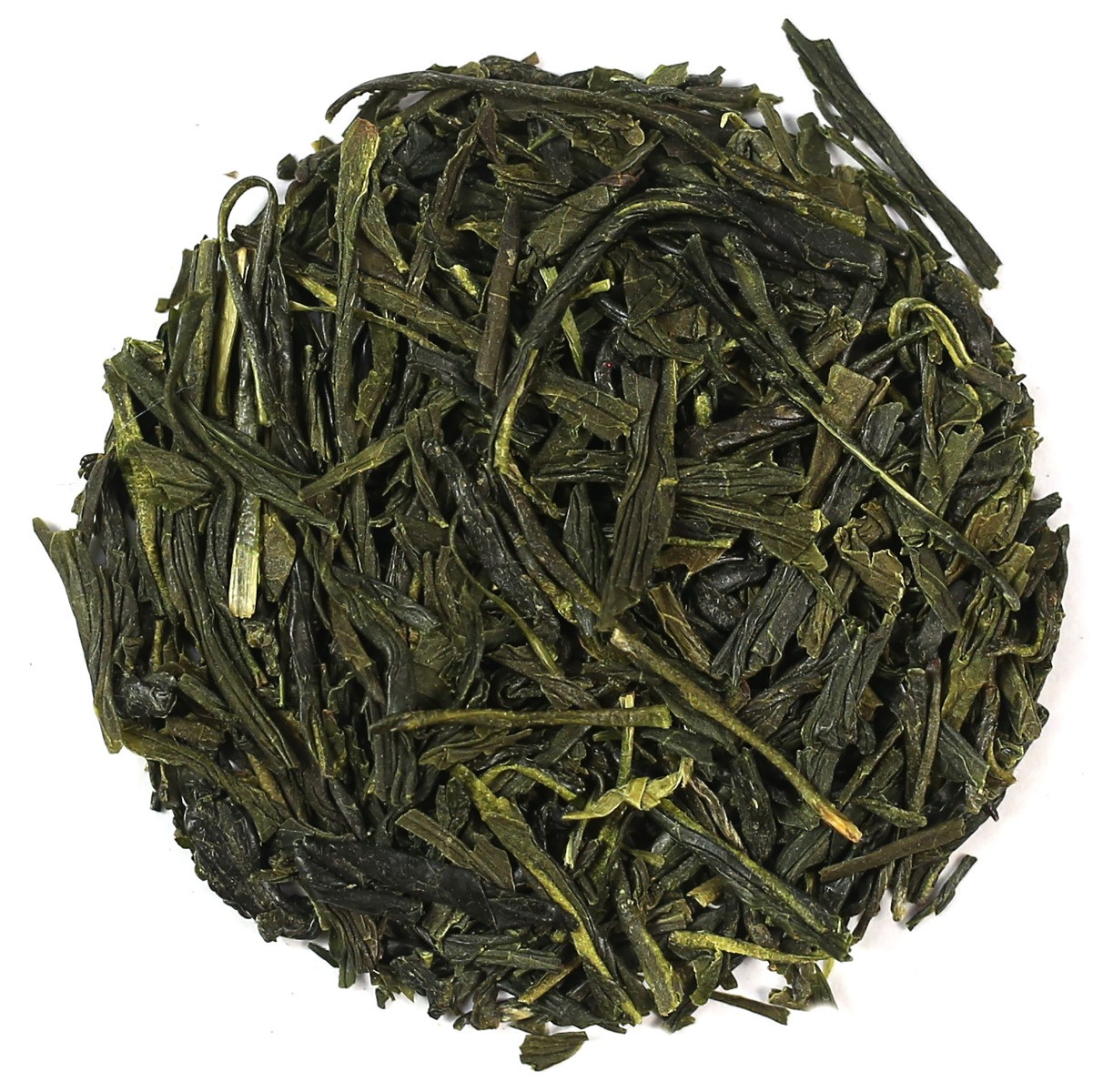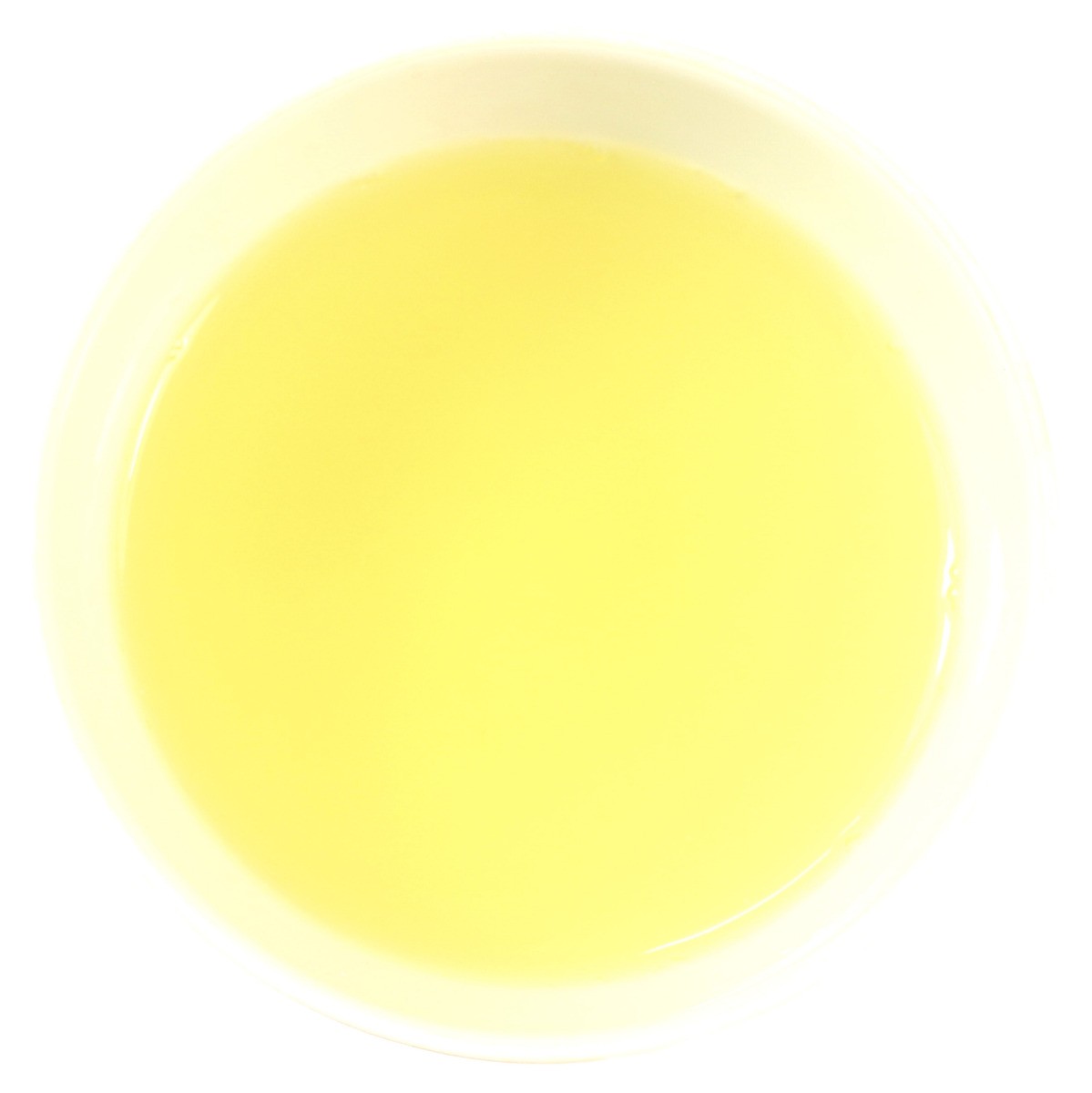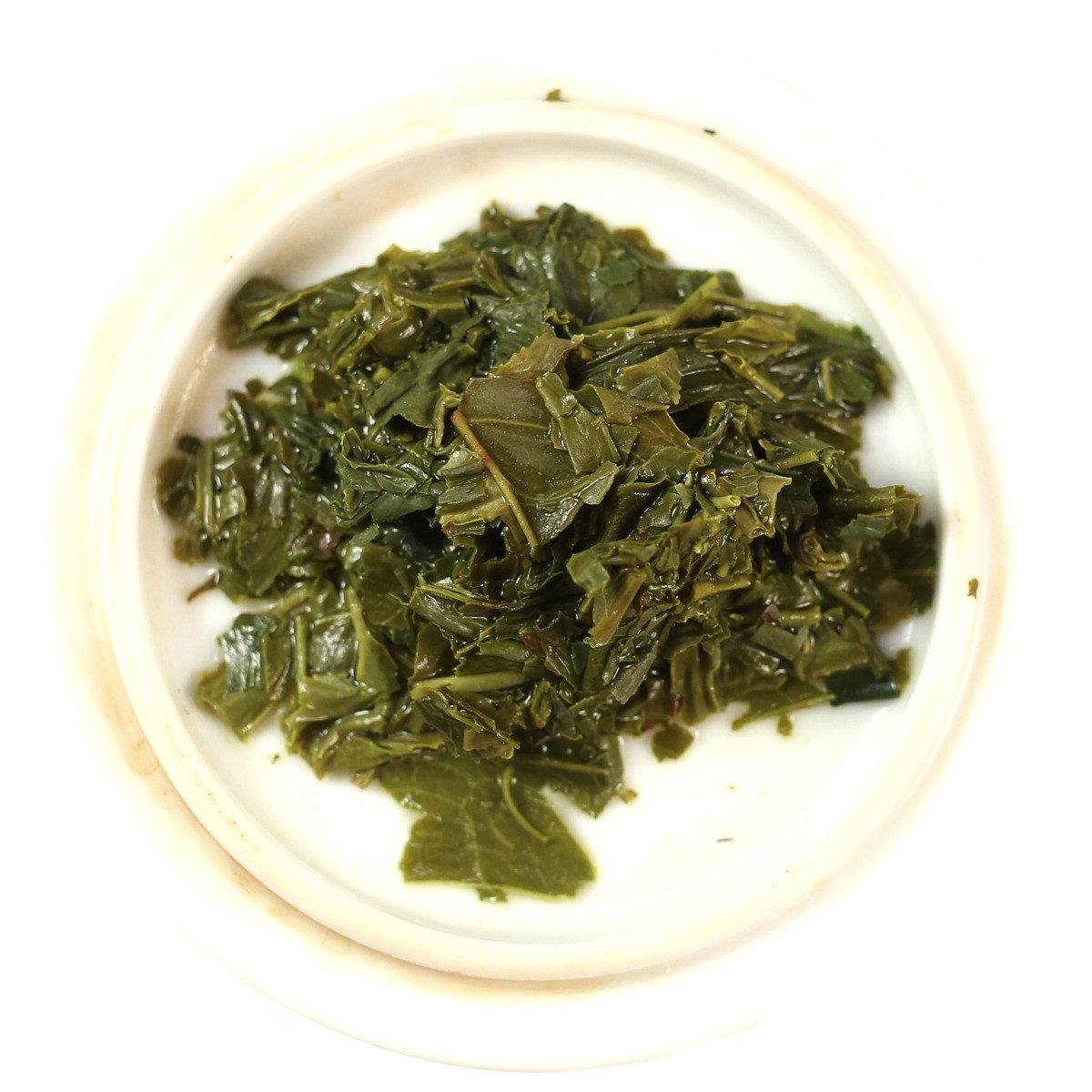About Product
-
Product Description
Japanese Sencha Green Tea is a top-grade Loose Leaf Green Tea from Japan. It is indeed the best around, one that, when brewed, has traditional grassy flavours and a sweet, refreshing aftertaste.
Be sure to buy it and try it here at The Kent and Sussex Tea and Coffee Company, where we pack it fresh to order. This ensures not only quality but also consistency.
What is Japanese Sencha Green Tea?
Around 78% of Japan’s Tea drinkers choose Sencha. However, despite its popularity there, the first such infusion likely originated from China. A legend nevertheless persists about a Japanese farmer from Uji, near Kyoto, creating it in 1738.
According to the tale, a man called Nagatani Soen had experimented with different production techniques before perfecting the art of making Sencha.
Nagatani decided to travel to Edo (present-day Tokyo) to sell his creation. He visited a local shop upon arrival, the owner of which fell in love with this Japanese Tea. It was from then on dubbed “tenka ichi” (天下一), meaning “first under the heavens.”
Such was the demand for Sencha that the shop’s business flourished. The owner, out of gratitude, carried on supporting Nagatani’s endeavours for the rest of his life.
No one would deny that it is a sweet story. But China is still the probable birthplace of Sencha Green Tea. Of course, with time, the Japanese adopted methods for making it – hence why we stock our Japanese Sencha Green Tea.
Today, Loose Tea (お茶, ocha) makes up a sizable part of the bedrock of Japanese culture. Its importance can be found in all elements of society, from the mundane to the extravagant.
Japanese Sencha Green Tea Caffeine Content
Does it have caffeine in its leaves? It does indeed, though not as much as Black and Oolong Tea. The reason is its lack of processing, which means that its caffeine content – amounting to 30-mg per 8-oz cup – remains relatively low.
It will still provide an energy boost, however, should you need help getting out of bed in the morning. And caffeine isn’t the only chemical compound within.
Nutritional Value
It turns out that Japanese Sencha Loose Leaf Green Tea boasts an abundance of vitamins, minerals and other antioxidants. Among them are Vitamins A, B, C and D, Manganese, Potassium, Theanine and Zinc.
Most noteworthy, though, is Epigallocatechin gallate (EGCG), which could improve your life in small yet significant ways. We’ll explain in detail after showing you how to brew Japanese Sencha Green Tea.
How to Brew Japanese Sencha Green Tea
- Put Japanese Sencha Green Loose Leaf Tea into a Tea Infuser or Filter.
- Place the Tea-filled accessory in a cup or mug.
- Boil fresh water and allow it to cool to temperatures between 80 and 90°C.
- How long to brew ir depends on personal preferences.
- However, we recommend infusing for 1 to 3 minutes. Any longer and you risk creating a bitter taste.
How to Serve: Consider honey or lemon. Alternatively, serve without accompaniments.
Tasting Notes: Imparts traditional grassy flavours and a sweet, refreshing aftertaste.
Japanese Sencha Green Tea Benefits
Is Japanese Sencha Green Tea good for you? You can count on it. Its EGCG content is the greatest contributor as, according to research, it has an outstanding ability to combat free radicals in the body.
This works on a molecular level to slow oxidative stress, ultimately reducing the risk of developing numerous chronic conditions from cardiovascular disease to type-2 diabetes.
Japanese Sencha Green Tea Weight Loss
It’s worth noting, too, that it is a remarkably low-calorie infusion, making it an excellent alternative to sugary, fatty soft drinks. Even better is the fact that it boosts the metabolism of fat cells. This enables the body to burn fat quicker and more efficiently.
Periods of exercise will then, most likely, produce better, perhaps even more noticeable results. What could be better from your new favourite cuppa?
-
Delivery Information
We offer reliable delivery services through Royal Mail to ensure that your orders reach you on time.
Here are the main points you should be aware of:
- Standard UK Delivery: £3.95 excluding delivery charge.
- Delivery Times: Orders are processed and dispatched within 2-5 working days but they may take longer during busy times. It is worth noting that all our orders are packed by hand in order to maintain the quality.
- Free Delivery: We are delighted to provide free shipping for UK orders over £35*. Moreover, customers from Europe can enjoy free shipping for any purchase above €75*. Furthermore, we offer free delivery in the USA for all purchases exceeding $125*. Please note terms and conditions may apply.
- Tracking: When your package is sent you will receive a tracking number via email so as to keep tabs of its progress.
International Shipping
We do ship worldwide meaning our products can be accessed by anyone around the world.
Here are some important details:
- Delivery Times: International deliveries vary based on destination, generally taking between 7-14 working days.
- Shipping Costs: International shipping costs are calculated at checkout based on your location and weight of your order. View full delivery charges for your location.
- Customs and Import Duties: Remember customs or import duties may exist depending on regulations in your country; these charges are borne by the customer.
Returns Policy
Your satisfaction is our top priority, however if for any reasons you’re not completely happy with your purchase, simply follow our returns procedure:
- Eligibility: Items returned within 30 days of receipt must remain unopened and in their original condition.
- Process: In order to return an item contact our customer service department using your unique order number after which detailed instructions will be given concerning returning them back to us securely.
- Refunds: Our aim is to refund you within 5-7 working days upon successful reception of returned goods. The refund amount will be credited to your original payment method.
For any other Enquiries or help please contact our Customer Support Team always at your service.
-
Product Reviews

 Loose Leaf Tea
Loose Leaf Tea Pyramids
Pyramids Tea Bags
Tea Bags Africa
Africa Assam
Assam Ceylon
Ceylon Chinese
Chinese Darjeeling
Darjeeling European
European Indian
Indian Japan
Japan Nepal
Nepal South East Asia
South East Asia Ayurveda Tea
Ayurveda Tea Black Tea
Black Tea Chai Tea
Chai Tea Flowering Tea
Flowering Tea Fruit Tisanes
Fruit Tisanes Green Tea
Green Tea Herbal Tea
Herbal Tea Matcha Tea
Matcha Tea Oolong Tea
Oolong Tea Organic Tea
Organic Tea Pu erh Tea
Pu erh Tea Rooibos Tea
Rooibos Tea White Tea
White Tea Asian Coffee
Asian Coffee Caribbean Coffee
Caribbean Coffee Central American Coffee
Central American Coffee South American Coffee
South American Coffee Coffee Blends
Coffee Blends Decaffeinated Coffee
Decaffeinated Coffee Espresso Coffee
Espresso Coffee Ethically Sourced Coffee
Ethically Sourced Coffee Flavoured Coffee
Flavoured Coffee Organic Coffee
Organic Coffee Single Origin Coffee
Single Origin Coffee Chocolate 1
Chocolate 1 Chocolate 2
Chocolate 2 Chocolate 3
Chocolate 3 Chocolate 4
Chocolate 4 Chocolate 5
Chocolate 5 Chocolate 6
Chocolate 6 Chocolate 7
Chocolate 7 Chocolate 8
Chocolate 8 Chocolate 9
Chocolate 9 Loose Tea Filters
Loose Tea Filters Tea Accessories
Tea Accessories Tea Bricks
Tea Bricks Tea Caddies
Tea Caddies Tea Caddy Spoons
Tea Caddy Spoons Tea Gift Ideas
Tea Gift Ideas Tea Infusers
Tea Infusers Tea Strainers
Tea Strainers




